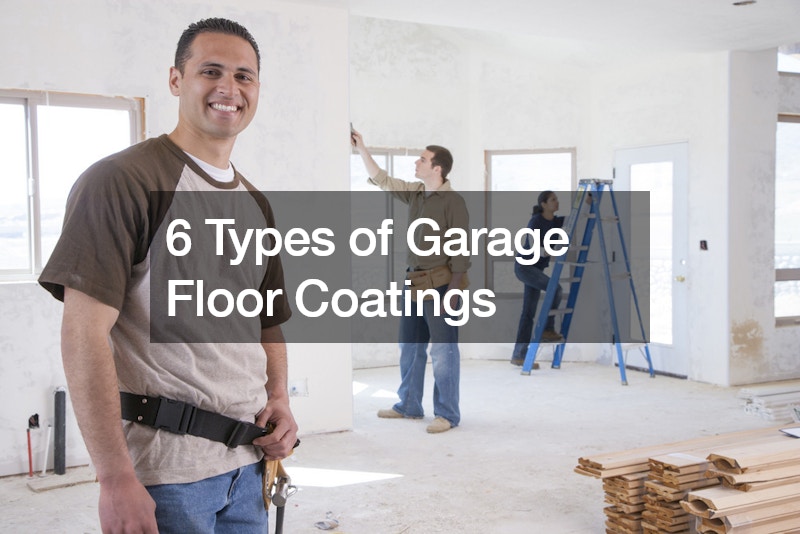A garage floor is subjected to a lot of wear and tear, from heavy vehicle traffic to spills and stains. To protect and enhance the durability and aesthetics of your garage floor, investing in a quality coating is essential. Garage floor coatings not only provide a protective layer but also add a sleek finish to your space. However, with various options available, choosing the right type of coating can be overwhelming. Let’s delve into the different types of garage floor coatings to help you make an informed decision before you purchase a 10 quart container to mix with.
Video Source
1. Epoxy Coatings: Epoxy coatings are one of the most popular choices for garage floors. They consist of a resin and a hardener that chemically reacts to form a rigid plastic-like surface. Epoxy coatings offer excellent durability, and resistance to chemicals, stains, and abrasion. They also come in a variety of colors and finishes, including high-gloss and matte. However, proper surface preparation is crucial for the success of epoxy coatings, as they require a clean and porous surface to adhere properly.
2. Polyurethane Coatings: Polyurethane coatings are known for their exceptional durability and resistance to UV rays and harsh chemicals. They provide a glossy finish that enhances the appearance of the garage floor while offering superior protection against abrasion and stains. Polyurethane coatings are often used as a topcoat over epoxy coatings to increase their longevity and UV resistance. They are also flexible, which helps prevent cracking and peeling, making them an ideal choice for high-traffic areas.
3. Polyaspartic Coatings: Polyaspartic coatings are a relatively new addition to the garage floor coating market but have gained popularity due to their fast curing time and high-performance properties. Unlike epoxy coatings that can take several days to cure, polyaspartic coatings cure within a few hours, allowing for faster installation and minimal downtime. They offer excellent adhesion to concrete surfaces and provide outstanding resistance to chemicals, abrasion, and UV exposure. Polyaspartic coatings are available in various colors and finishes and are suitable for both residential and commercial garage floors.
4. Acrylic Sealers: Acrylic sealers are a cost-effective option for garage floor coatings, offering good protection against water, oil, and stains. They penetrate into the concrete surface to form a protective barrier that enhances the color and appearance of the floor. Acrylic sealers are available in both solvent-based and water-based formulations, with water-based options being more environmentally friendly. While acrylic sealers provide decent protection for garage floors, they may require more frequent reapplication compared to epoxy or polyurethane coatings.
5. Concrete Stains: Concrete stains are a popular choice for homeowners looking to enhance the appearance of their garage floors without covering up the natural texture and character of the concrete. Stains penetrate into the concrete surface to create a translucent color that mimics the look of natural stone or marble. They are available in acid-based and water-based formulations, with acid stains offering richer, more vibrant colors. Concrete stains provide limited protection against abrasion and stains and may require a topcoat of sealer for added durability.

6. Rubber Floor Coatings: Rubber floor coatings offer a cushioned surface that is ideal for garage gyms, workshops, and other areas where comfort and impact resistance are important. These coatings are typically made from recycled rubber granules mixed with a binder and applied as a seamless layer over the concrete floor. Rubber floor coatings provide excellent shock absorption, noise reduction, and slip resistance, making them a practical choice for spaces where safety is a priority. They are available in various colors and thicknesses to suit different needs and preferences.
Choosing the right type of garage floor coating depends on factors such as durability, aesthetics, budget, and intended use. Whether you opt for epoxy, polyurethane, polyaspartic, acrylic, concrete stains, or rubber coatings, investing in a quality coating will protect your garage floor and enhance its longevity and appearance. Before applying any coating, ensure proper surface preparation and purchase a 10 quart container to mix your coating with. You can transform your garage into a functional and stylish area that withstands the demands of daily use!

